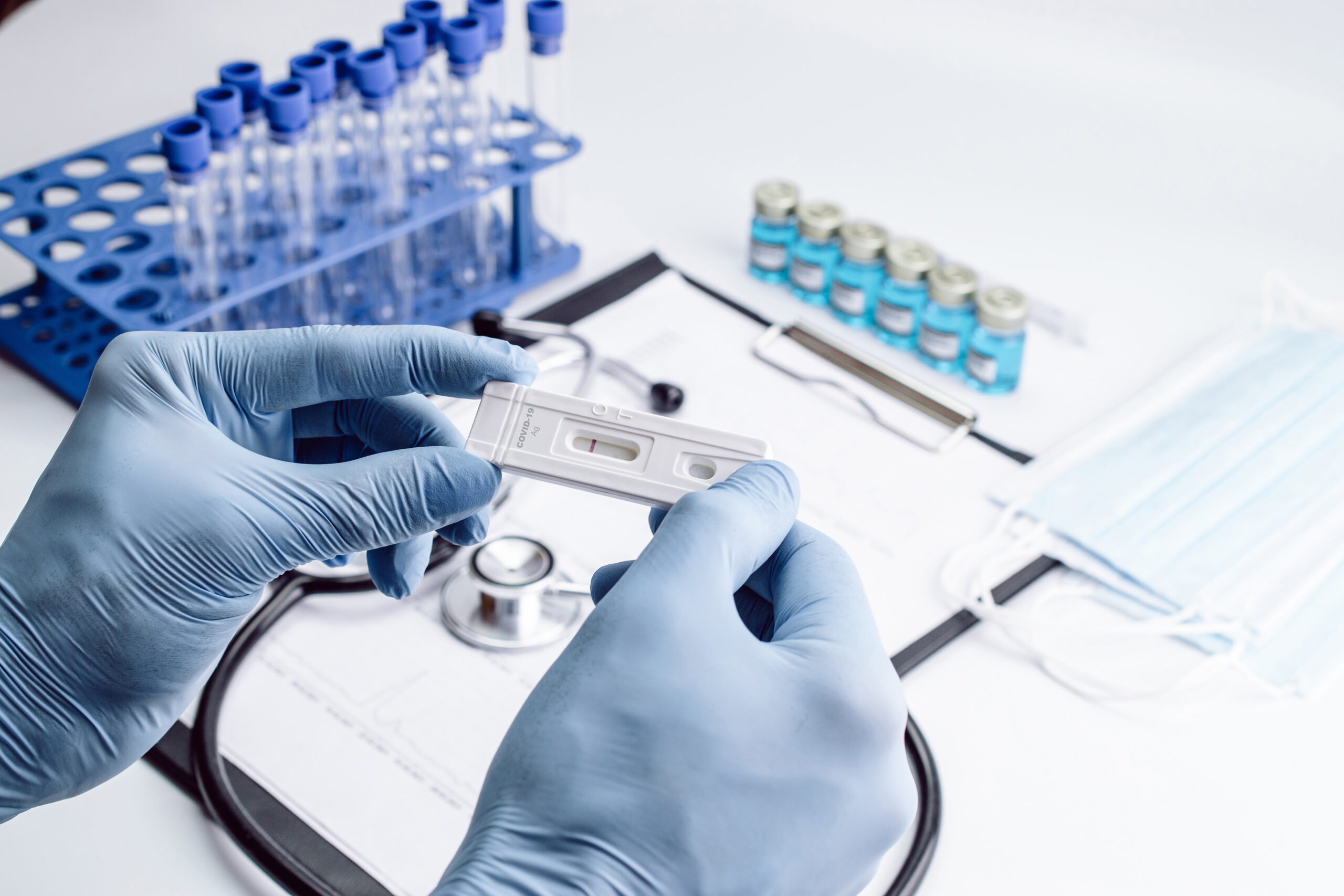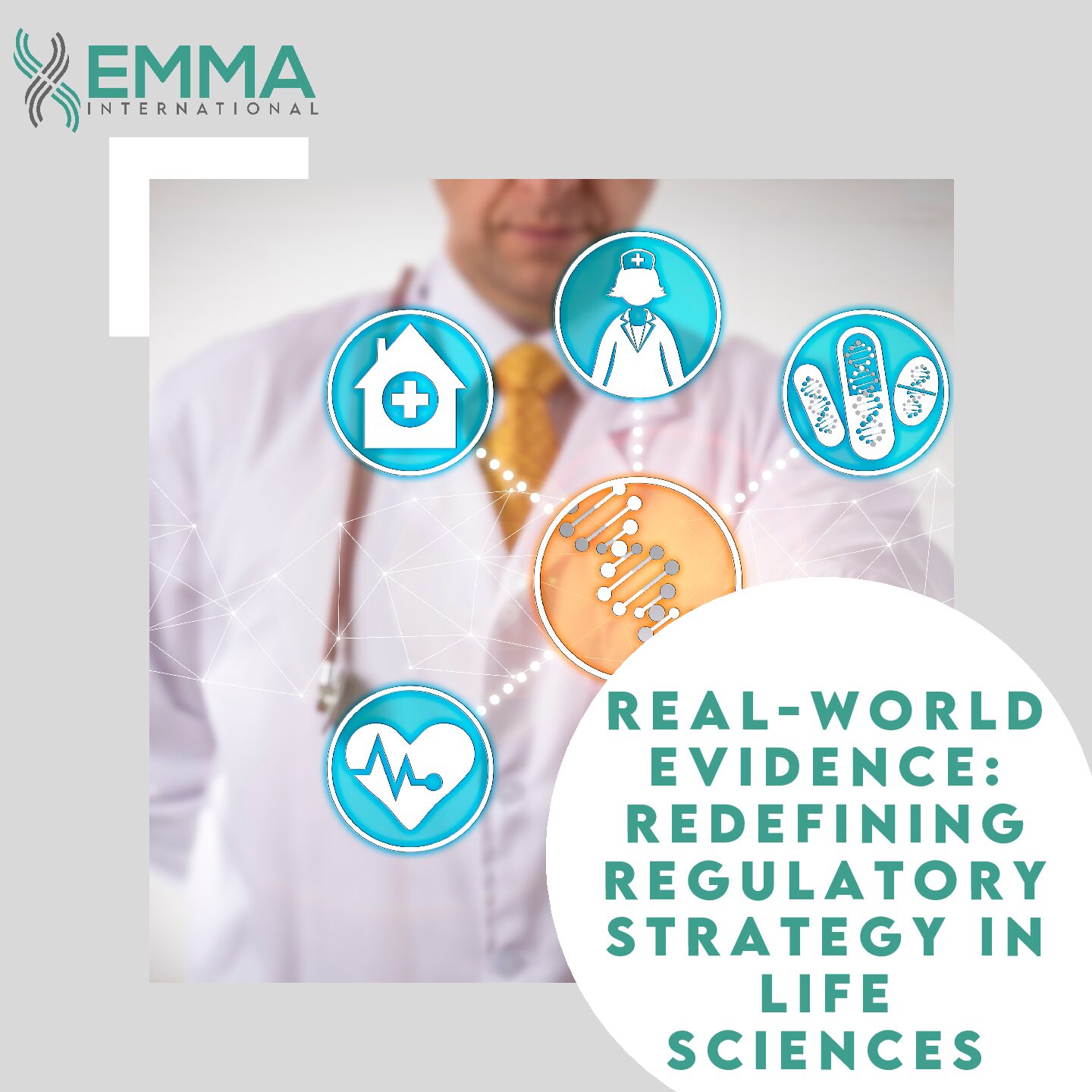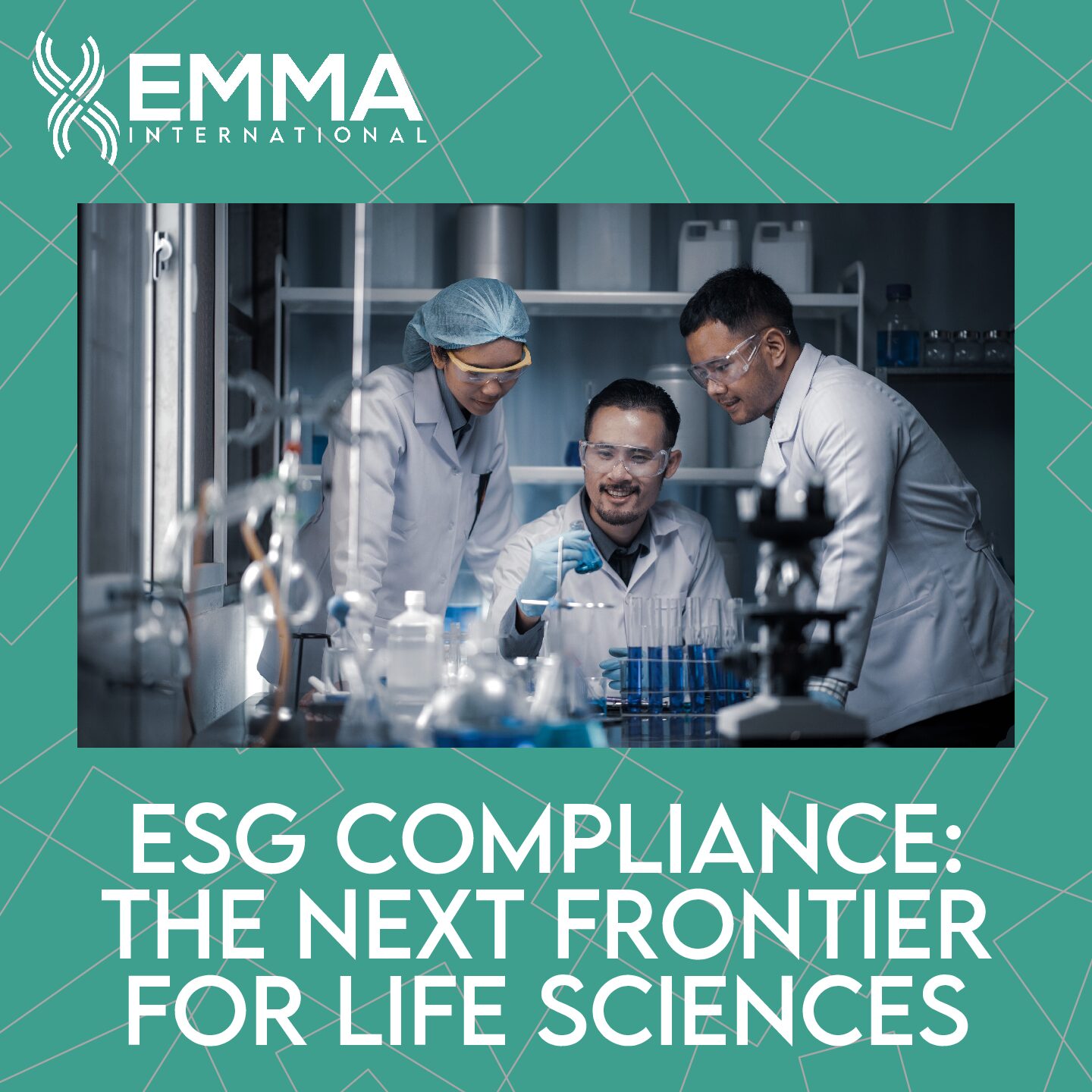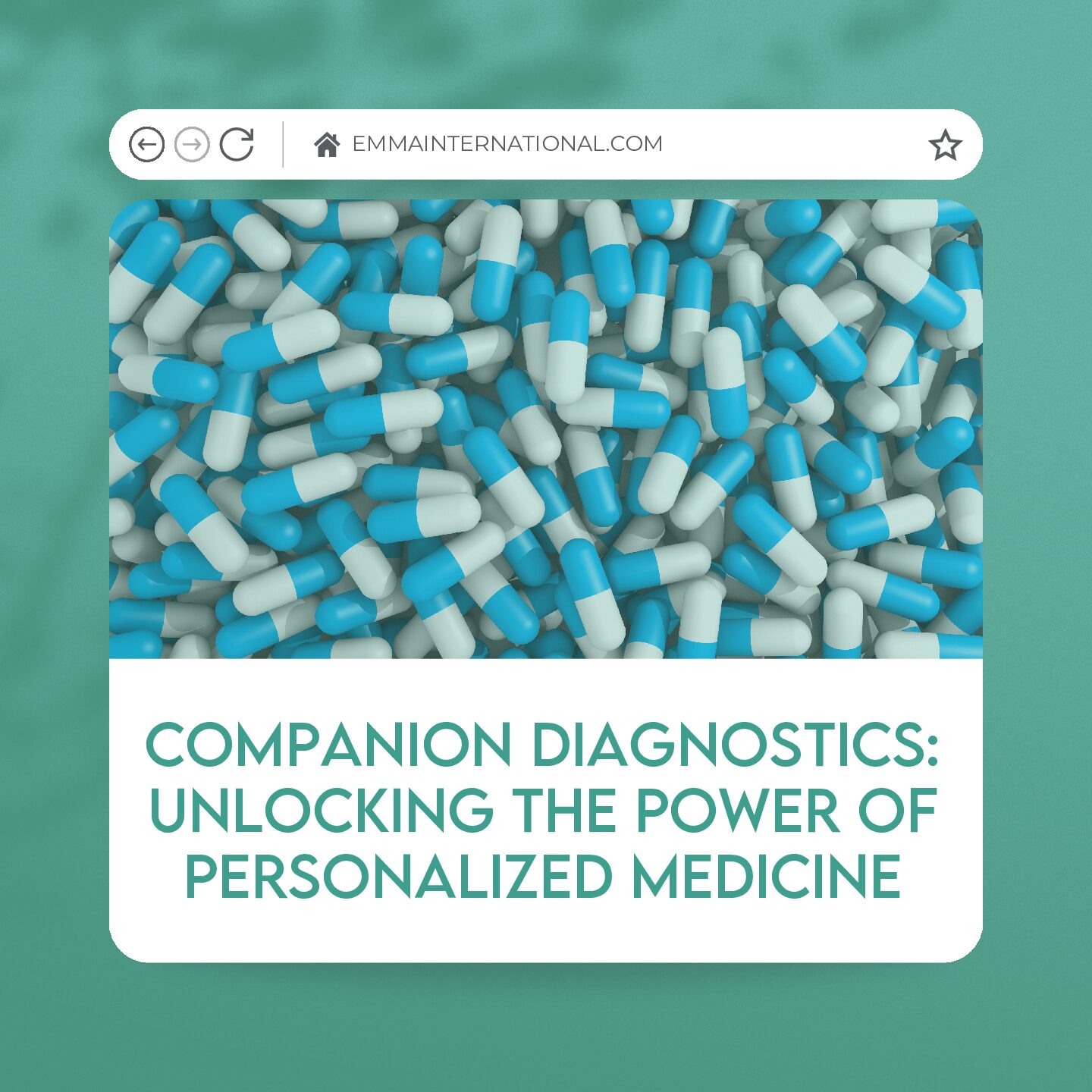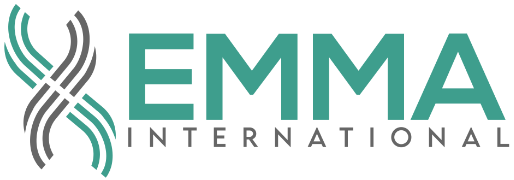PCR (Polymerase Chain Reaction) tests have become widely recognized due to their essential role in detecting viral infections, including COVID-19. However, PCR technology has been a cornerstone of molecular biology for decades, enabling the detection of various pathogens in the fields of healthcare, diagnostics, and research. As such, the regulation of PCR tests, particularly in the context of healthcare diagnostics, is a critical aspect of ensuring their safety, efficacy, and reliability. In the United States, the FDA plays a key role in regulating these tests to safeguard public health.
What Are PCR Tests?
PCR tests work by amplifying small segments of DNA or RNA from pathogens, such as viruses or bacteria, allowing for highly sensitive detection. In the case of viral infections like COVID-19, PCR tests detect the virus’s genetic material (RNA), even in low quantities, making them a gold standard in diagnostic testing.
PCR tests are versatile and are used in diagnosing:
- Infectious diseases (e.g., COVID-19, influenza, HIV)
- Genetic disorders
- Cancer
- Organ transplant compatibility
- Pathogen detection in research and development
FDA’s Role in Regulating PCR Tests
The FDA regulates PCR tests under its broader authority to oversee medical devices and diagnostic tests. The regulation of PCR tests typically falls under the category of in vitro diagnostics (IVDs), which are tests performed on samples taken from the human body, such as blood, mucus, or tissue, to diagnose diseases or other conditions.
The FDA categorizes and regulates PCR tests based on their intended use and the level of risk they pose to patients and public health. PCR tests must go through a rigorous process to ensure they are safe and effective for their intended purpose.
Here’s how the FDA regulates PCR tests:
1. Premarket Approval (PMA)
PCR tests intended for high-risk conditions, such as those diagnosing life-threatening or serious diseases (e.g., cancer diagnostics or certain infectious diseases), often require Premarket Approval (PMA). The PMA process is the most stringent form of FDA oversight and requires manufacturers to provide clinical data demonstrating the test’s accuracy, safety, and effectiveness.
2. 510(k) Clearance
Some PCR tests are subject to 510(k) clearance, which is a premarket submission to the FDA that demonstrates a device is substantially equivalent to a legally marketed device that is not subject to PMA. This pathway is generally quicker than PMA and is common for tests that pose moderate risks, such as those diagnosing less severe infections.
3. Emergency Use Authorization (EUA)
During public health emergencies, such as the COVID-19 pandemic, the FDA may issue an Emergency Use Authorization (EUA) to allow PCR tests to be deployed more quickly. This allows tests to be used in clinical settings without undergoing the full regulatory approval process, provided there is evidence of the test’s reliability and benefit in diagnosing the relevant health threat.
Many of the COVID-19 PCR tests available during the pandemic were authorized under this mechanism, allowing for their rapid deployment when traditional approval pathways would have taken too long.
4. Laboratory-Developed Tests (LDTs)
Laboratory-Developed Tests (LDTs) are PCR tests designed, manufactured, and used within a single laboratory. The FDA has historically exercised enforcement discretion over LDTs, meaning they are generally not subject to the same premarket review as other PCR tests. However, this area of regulation is evolving, and the FDA has signaled its intention to exercise more oversight over LDTs in the future, particularly in cases where they are used for high-risk diagnostics.
5. Post-Market Surveillance and Quality Control
Even after PCR tests receive FDA approval or clearance, manufacturers must comply with post-market surveillance requirements. This includes reporting any adverse events, ensuring that the test continues to perform as intended, and maintaining high standards of quality control in production.
The FDA also conducts routine inspections and may take action if a PCR test is found to be faulty or if there are quality concerns that could impact patient safety.
PCR tests have become indispensable in modern diagnostics, offering unparalleled accuracy in detecting a wide range of diseases. The FDA’s regulation of these tests ensures that patients can trust the results and that healthcare providers can rely on them for accurate diagnoses. Whether through the PMA or 510(k) pathways, or in times of crisis with EUAs, the FDA plays a critical role in balancing the need for rapid diagnostics with the assurance of safety and effectiveness.
As the regulatory requirements for medical laboratories and diagnostics continue to increase, discover why EMMA International is the leading end-to-end compliance consulting firm. Call us at 248-987-4497 or email info@emmainternational.com to learn more.

